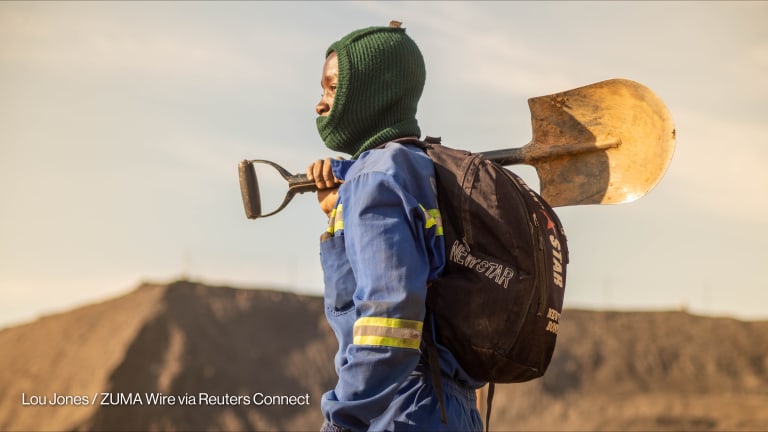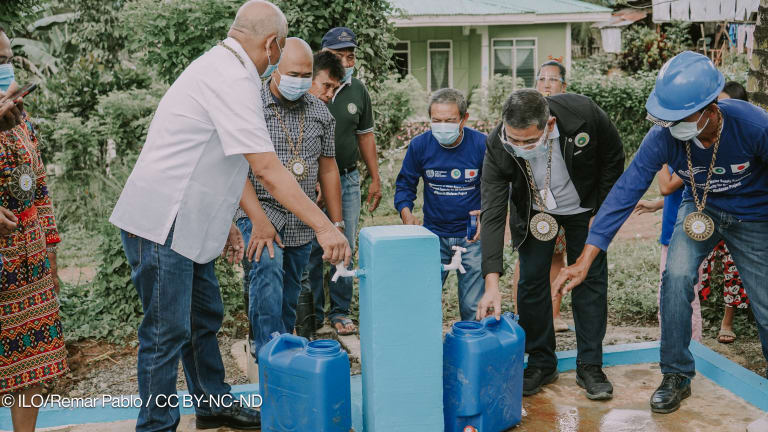Considered one of the fastest-growing economies among developing countries, Mongolia is expected to post a 15.7 percent improvement in real gross domestic product this year. But growth has not translated into development gains: the government has yet to address challenges such as poverty, inequality and environmental sustainability.
Two-fifths of the population is currently living below the minimum standard, and as much as 54 percent of those in rural areas are poverty-stricken. Further, more than half of Mongolia’s population live in rural communities that are scattered across the country, thereby making delivering social services a challenging task. As a result, 70 percent of the rural population does not have basic sanitation services and 50 percent does not have access to potable water.
Mongolia’s economic growth is driven mainly by investments in the country’s mining industry, which currently accounts for 20 percent of GDP. The government aims to develop the industry further and bank on its expansion as a way to reduce aid dependency and help meet its Millennium Development Goals. The country is also seeking assistance from Australia to promote sustainable mining and create regulatory frameworks to respond to environmental challenges.
This story is forDevex Promembers
Unlock this story now with a 15-day free trial of Devex Pro.
With a Devex Pro subscription you'll get access to deeper analysis and exclusive insights from our reporters and analysts.
Start my free trialRequest a group subscription







